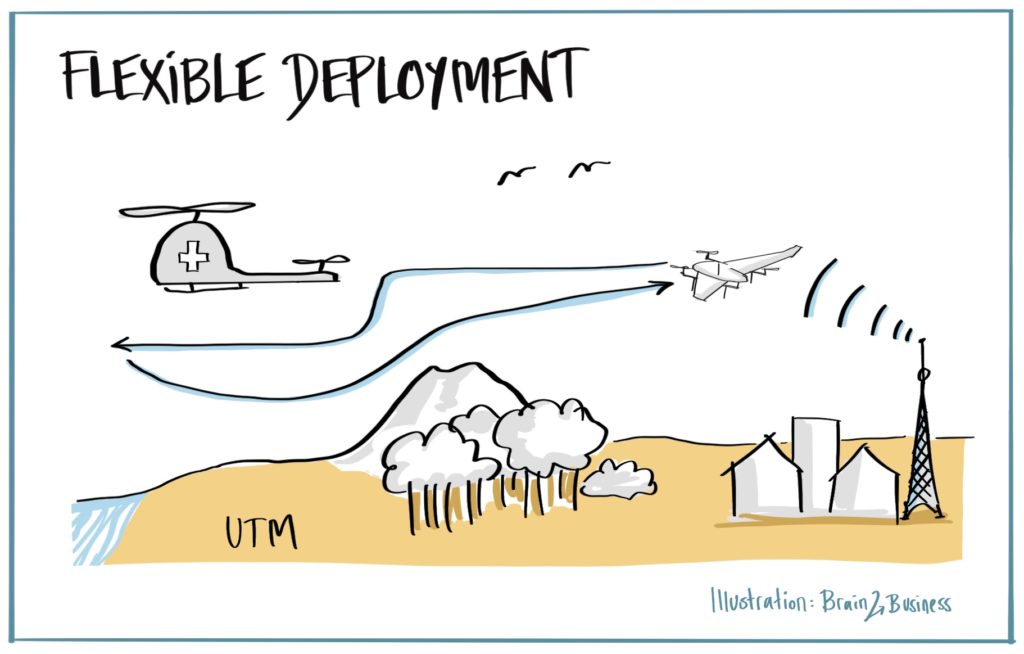Flexible Deployment
Safe BVLOS Operation of Drones for Nature Conservation
State of the Art
Commercially available UTM systems manage air traffic and allow operators to reserve flight areas for drone operations, but do not support adapting on-going operations, as required when launching parasitic drones (DC6) or if adaptive tracking (DC 8) conflicts with the limits of the flight area. Moreover, the on-board guidance system must integrate with UTM systems, ranging from those designed for dense European airspace with extensive telecom infrastructure, to the sparse airspace and infrastructure typically found in Africa.
Innovations and Impact
Development of an on-board system supporting dynamic update of drone operations suitable for integration with existing UTM systems, based on a U-space service supporting dynamic nature conservation drone operations, combined with the development of a UTM service suitable for operations in areas with sparse infrastructure. This will allow drones to perform nature conservation BVLOS flights in European and African uncontrolled airspace.

Copyright by University of Bristol
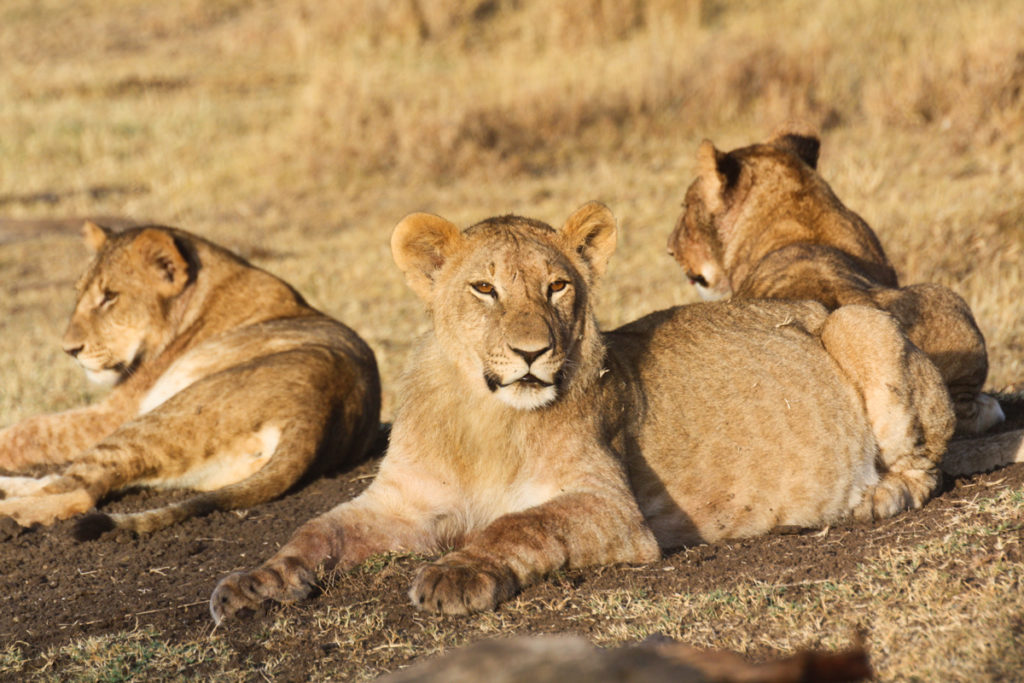
Copyright by Max Planck Institute of Animal Behavior
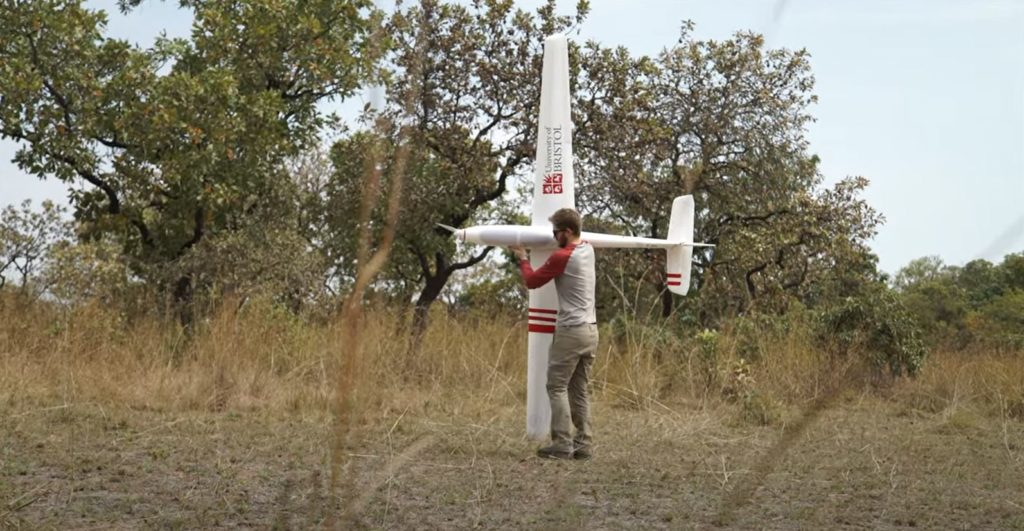
Copyright by University of Bristol
Objectives
To establish the technological and operational setup for safe autonomous BVLOS flights for nature conservation missions using a UTM, in restricted or uncontrolled airspace above rural areas of Europe and in Africa. The on-board system and the corresponding U-Space service will support dynamically adapting to the number of drones with parasitic multi-drone missions (DC6) and dynamically adapting the mission boundaries for adaptive tracking (DC8). This setup will be integrated with state of the UTM European infrastructure and with a UTM with ground-based detect-and-avoid (DAA) supporting sparse infrastructure and low air-traffic density. Safety arguments will be formally supported using AdvoCATE methodology, enabling BVLOS operation under the EU Specific Operation Risk Assessment (SORA) framework.
Expected Results
- An open source software infrastructure to support air traffic management for autonomous execution of adaptive, parasitic nature conservation missions.
- Implementation of a UTM for areas with sparse infrastructure with ground-based DAA based on radar or human observers.
- A SORA methodology demonstrating a BVLOS operation in uncontrolled airspace above rural areas under EU regulation approved by an EU member state.
- Analysis of the applicability of this methodology to selected African countries.
Project Facts
Associate Professor Kjeld Jensen, University of Southern Denmark.
Professor Ulrik Pagh Schultz Lundquist, University of Southern Denmark.
TBD.
Kenyatta University (KE): UTM experiments.
Get in touch
Contact us on WildDrone@sdu.dk


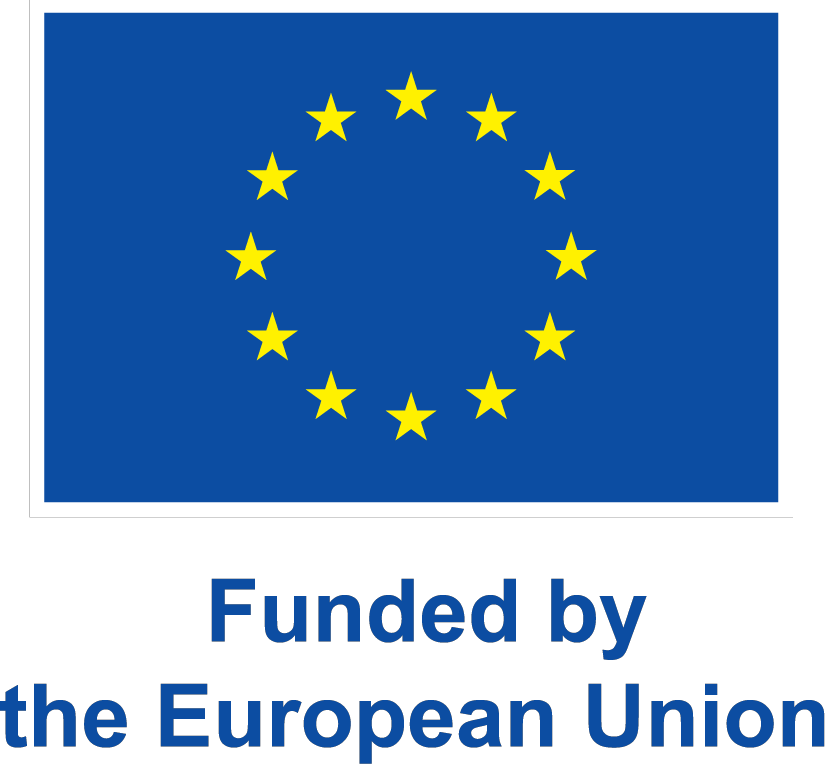
WildDrone is an MSCA Doctoral Network funded by the European Union’s Horizon Europe research and innovation funding programme under the Marie Skłodowska-Curie grant agreement no. 101071224. Views and opinions expressed are those of the author(s) only and do not necessarily reflect those of the European Union or the European Commission. Neither the EU nor the EC can be held responsible for them.
